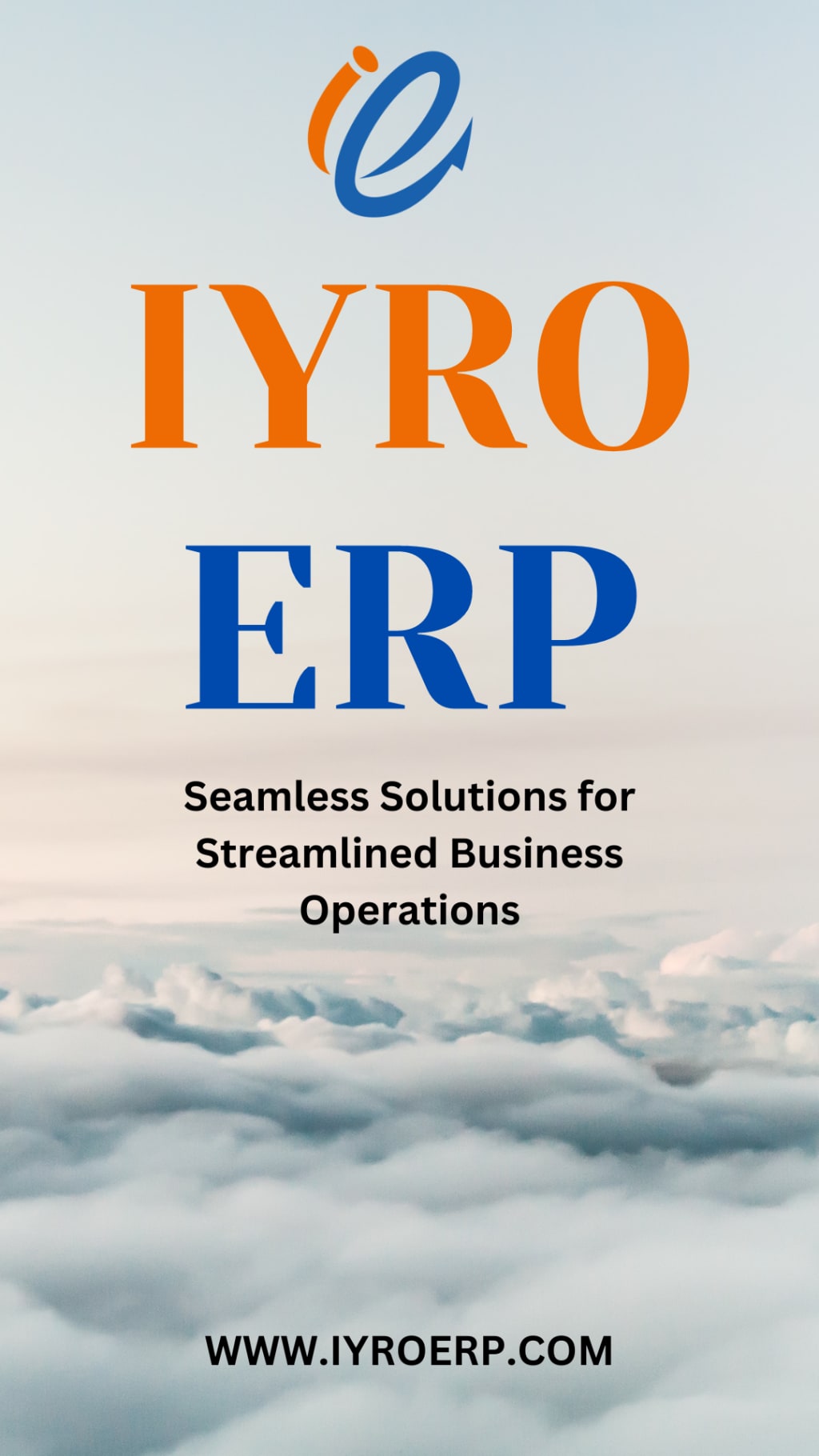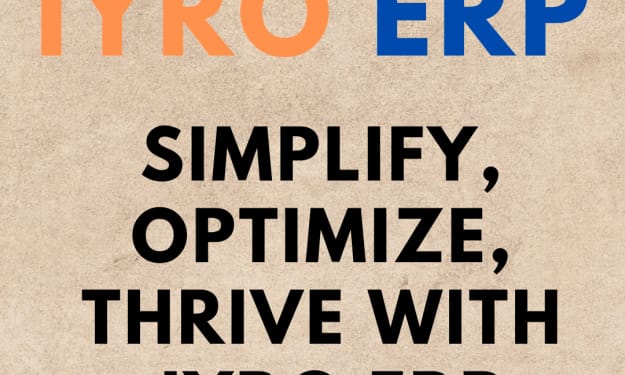Top Trends Shaping the Future of ERP Systems
Enterprise Resource Planning (ERP) systems have been instrumental in streamlining business processes and improving operational efficiency for decades. As technology continues to advance rapidly, several key trends are shaping the future of ERP systems.

Cloud-Based ERP: The adoption of cloud computing has had a profound impact on ERP systems. Cloud-based ERP offers scalability, flexibility, and accessibility, allowing businesses to access critical data and functionality from anywhere at any time. It eliminates the need for on-premises infrastructure and provides seamless updates and maintenance. The trend towards cloud-based ERP solutions is expected to continue, empowering organizations of all sizes to leverage the benefits of modern technology.
Artificial Intelligence (AI) and Machine Learning (ML): AI and ML are transforming ERP systems by enabling intelligent automation, predictive analytics, and enhanced decision-making. With AI-powered features, ERP systems can automate routine tasks, optimize workflows, and provide actionable insights from vast amounts of data. ML algorithms can identify patterns, detect anomalies, and make accurate predictions, enabling proactive and data-driven decision-making. The integration of AI and ML capabilities into ERP systems is a trend that is poised to reshape how businesses leverage their data for improved efficiency and competitiveness.
Internet of Things (IoT) Integration: The IoT is connecting devices, sensors, and machines, creating vast networks of data-generating sources. Integrating ERP systems with IoT devices allows real-time data collection, monitoring, and analysis. This integration enables organizations to optimize inventory management, track assets, monitor equipment performance, and automate processes. IoT integration provides real-time visibility and insights into operations, enabling proactive maintenance, resource optimization, and improved decision-making.
Mobility and User Experience: The rise of mobile devices has revolutionized the way people work and access information. ERP systems are adapting to this trend by offering mobile-friendly interfaces and applications. Mobile ERP solutions enable employees to access critical data, perform tasks, and collaborate on the go. Additionally, user experience (UX) has become a top priority, with ERP vendors focusing on intuitive interfaces, personalization, and seamless workflows to enhance user adoption and productivity.
Blockchain Integration: Blockchain technology, known for its decentralized and transparent nature, has the potential to transform ERP systems, particularly in areas such as supply chain management and financial transactions. By integrating blockchain with ERP, organizations can ensure immutable and secure data records, track the origin and movement of goods, streamline transactions, and enhance trust and transparency in business processes.
Data Analytics and Business Intelligence: Data is a valuable asset, and ERP systems are increasingly incorporating robust data analytics and business intelligence capabilities. Advanced reporting tools, dashboards, and data visualization techniques provide real-time insights, enabling organizations to make data-driven decisions, identify trends, and uncover opportunities for improvement. The integration of ERP with advanced analytics platforms empowers users to leverage the full potential of their data for strategic planning and operational optimization.
Integration with External Systems: ERP systems are becoming more interconnected with other business systems and third-party applications. Integration with customer relationship management (CRM), supply chain management (SCM), e-commerce platforms, and other systems enhances data visibility, streamlines processes, and facilitates seamless information flow across the organization. Integration capabilities are essential to creating a unified and holistic view of the business, improving efficiency, and enhancing the overall ERP ecosystem.
The future of ERP systems is driven by transformative trends such as cloud computing, AI and ML, IoT integration, mobility, blockchain, data analytics, and integration with external systems. These trends empower organizations to leverage technology advancements, automate processes, gain actionable insights, and make data-driven decisions. By embracing these trends, organizations can unlock the full potential of their ERP systems and stay ahead in an increasingly competitive business landscape.
As cloud-based ERP solutions become more prevalent, businesses can enjoy the benefits of scalability, flexibility, and cost-effectiveness. The ability to access ERP systems anytime, anywhere enables seamless collaboration and empowers remote workforces. IYRO ERP is one of the best cloud-based ERP software in India. It is easy to use and also available at a very budget-friendly cost.





Comments
There are no comments for this story
Be the first to respond and start the conversation.